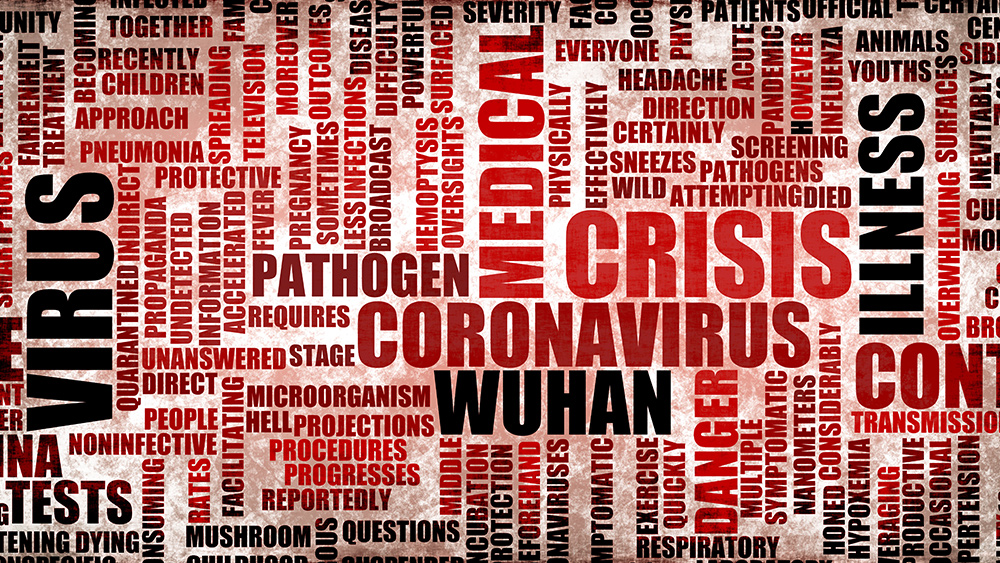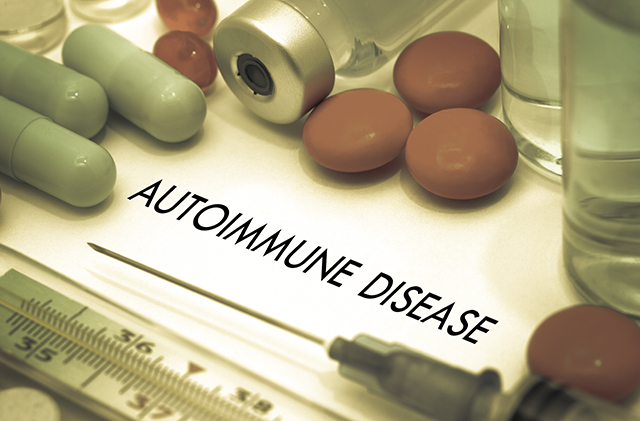Pathogenic priming in older adults yet another concern with COVID-19 vaccines
12/21/2020 / By Cassie B.

As people around the world line up to get the Pfizer COVID-19 vaccine, there is one potential issue that is being largely glossed over and that is the alarming evidence in the vaccine trials of pathogenic priming in older adults, which means that vaccinated people could still get the disease and may actually end up getting even sicker from it.
In the early 2000s when vaccines were being developed against coronaviruses such as SARS-COV-1 and MERS, animal testing on the most promising vaccines seemed positive at first as the animals all developed strong antibody responses to the virus. However, when these vaccinated animals were exposed to the wild virus, it went far differently, with the vaccinated animals experiencing hyper-immune responses that cause inflammation throughout their bodies and particularly in their lungs.
In the early days of COVID-19, Baylor College of Medicine‘s Dr. Peter Hotez testified before Congress about the perils of rushing the development of a vaccine against it, mentioning the unique safety issues posed by this type of vaccine seen by scientists half a century ago when they were working a vaccine against RSV. During those trials, not only did the vaccines failed to prevent infections, but 80 percent of the children who were infected needed to be hospitalized and two who were challenged with RSV died.
He said that this “paradoxical immune enhancement phenomenon’ means vaccinated people may still develop the disease, get sicker and die.”
And although they may refer to this as immune enhancement, which sounds positive, it can really be thought of as disease enhancement that is caused by initial exposure to the proteins of a pathogen, which is what primes the body to autoimmunity. This is known as pathogenic priming. With COVID-19, every protein in the virus has at least one epitope that can be matched to human proteins that exist somewhere within the human body. Around a third of the epitopes in SARS-CoV-2 that match human proteins match proteins in the immune system. A briefing document on the Pfizer COVID-19 vaccine points to the possibility of pathogenic priming with the vaccine, particularly in older adults.
Vaccine causing serious adverse events
Another problem with the vaccine is that its adverse events are being classified in a way that downplays their seriousness. For example, neurologic adverse events such as neuroinflammatory and thrombotic events and Bell’s palsy are far from non-serious and can eventually become life-threatening conditions needing ongoing medical care and related expenses. The short term studies used are not able to truly say whether initial exposure to the vaccine played a role in setting patients up for a lifelong chronic illness. The vaccine adverse events that were seen in the Pfizer study might indicate pathogenic priming, particularly given the fact that more serious adverse events were seen when people got the second dose.
In the vaccine trials whose participants ranged in age from 18 to 55, 18 percent of participants experienced solicited serious adverse events while just 3 percent of those in the placebo group experience such events. This indicates that serious side effects can be expected at a rate that is five times higher than those who do not get the vaccine.
Some of the effects seen included vomiting, muscle and joint pain, diarrhea, chills, severe fatigue and headache. And although it is impossible to say for sure this early, it seems likely that these conditions could, in fact, represent pathogenic priming instances and put people at a higher risk of serious morbidity should they be infected with the virus in the future.
The problem is particularly pronounced among older trial participants in the over-55 group. The vaccinated group in this age range was 10 times more likely to experience a serious adverse effect upon being given the second dose of the vaccine versus the first dose compared to a rate of 1:1 that was seen in the unvaccinated.
All of this is yet another reason that people need to think very seriously about what is at stake when they get this vaccine and whether the risks are worth it.
Sources for this article include:
Submit a correction >>
Tagged Under:
covid-19, COVID-19 vaccine, deception, longevity, pandemic, pathogenic priming, Pfizer, side effects, vaccine, Vaccine injuries, vaccine injury
This article may contain statements that reflect the opinion of the author
RECENT NEWS & ARTICLES
Pandemic.News is a fact-based public education website published by Pandemic News Features, LLC.
All content copyright © 2018 by Pandemic News Features, LLC.
Contact Us with Tips or Corrections
All trademarks, registered trademarks and servicemarks mentioned on this site are the property of their respective owners.





















